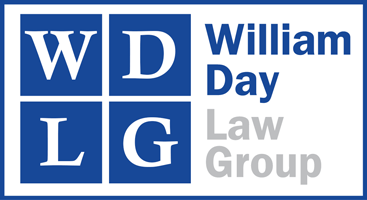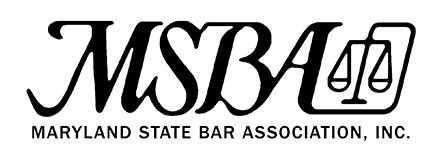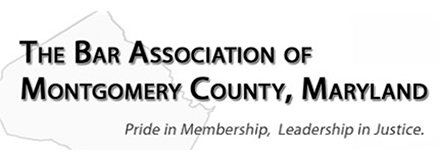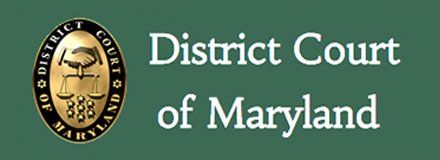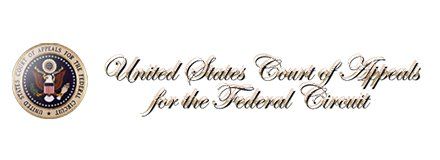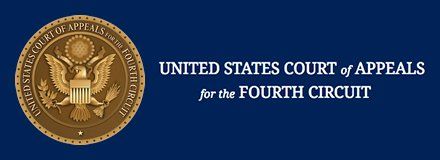PRACTICE AREAS
BLOG CATEGORIES
ASSOCIATIONS
Intellectual Property What is a copyright?
A copyright is a form of protection provided to the authors of “original works of authorship” including literary, dramatic, musical, artistic,websites and certain other intellectual works, both published and unpublished.
The 1976 Copyright Act generally gives the owner of copyright the exclusive right to reproduce the copyrighted work, to prepare derivative works, to distribute copies or phonorecords of the copyrighted work, to perform the copyrighted work publicly, or to display the copyrighted work publicly.
A copyright protects the form of expression rather than the subject matter of the writing. For example, a description of a machine could be copyrighted, but this would only prevent others from copying the description; it would not prevant others from writing a description of their own or from making and using the machine. Copyrights are registered by the Library of Congress’ Copyright Office.
There are times when you may desire or need a combination of copyright, patent, and trademark protection for your work. You should consult an attorney to determine what forms of intellectual property protection are best suited to your needs.
For a free consultation for trademark and copyright please contact us.
The post Intellectual Property What is a copyright? appeared first on William Day Law Group.
